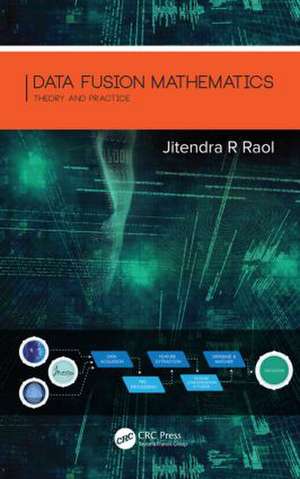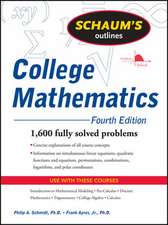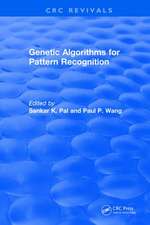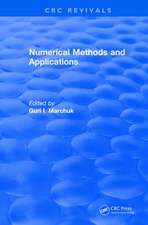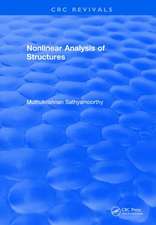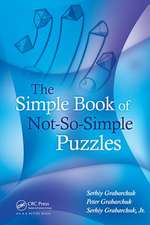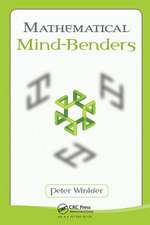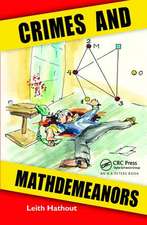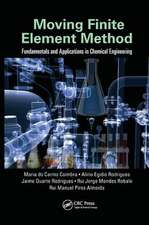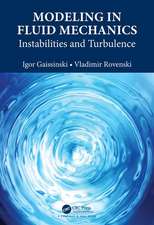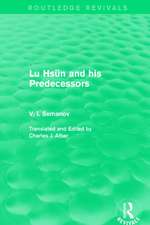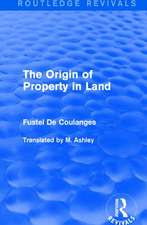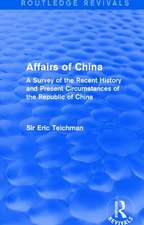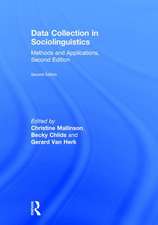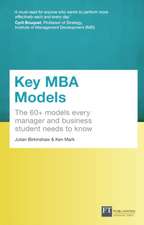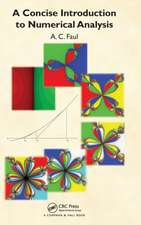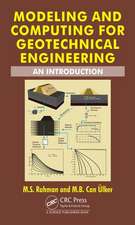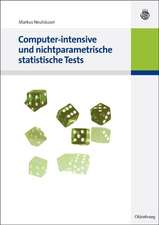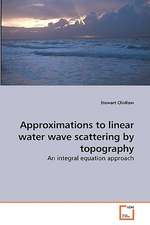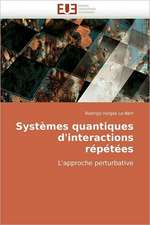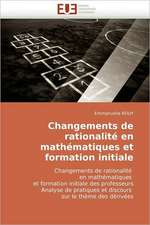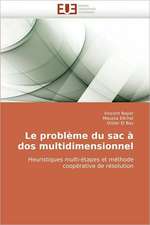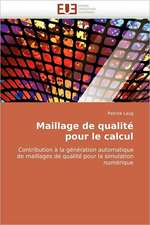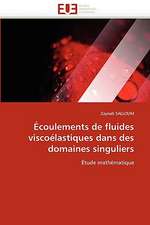Data Fusion Mathematics: Theory and Practice
Autor Jitendra R. Raolen Limba Engleză Hardback – 27 aug 2015
Data fusion (DF) combines large amounts of information from a variety of sources and fuses this data algorithmically, logically and, if required intelligently, using artificial intelligence (AI). Also, known as sensor data fusion (SDF), the DF fusion system is an important component for use in various applications that include the monitoring of vehicles, aerospace systems, large-scale structures, and large industrial automation plants. Data Fusion Mathematics: Theory and Practice offers a comprehensive overview of data fusion, and provides a proper and adequate understanding of the basic mathematics directly related to DF. The material covered can be used for evaluation of the performances of any designed and developed DF systems. It tries to answer whether unified data fusion mathematics can evolve from various disparate mathematical concepts, and highlights mathematics that can add credibility to the data fusion process.
Focuses on Mathematical Tools That Use Data Fusion
This text explores the use of statistical/probabilistic signal/image processing, filtering, component analysis, image algebra, decision making, and neuro-FL–GA paradigms in studying, developing and validating data fusion processes (DFP). It covers major mathematical expressions, and formulae and equations as well as, where feasible, their derivations. It also discusses SDF concepts, DF models and architectures, aspects and methods of type 1 and 2 fuzzy logics, and related practical applications. In addition, the author covers soft computing paradigms that are finding increasing applications in multisensory DF approaches and applications.
This book:
- Explores the use of interval type 2 fuzzy logic and ANFIS in DF
- Covers the mathematical treatment of many types of filtering algorithms, target-tracking methods, and kinematic DF methods
- Presents single and multi-sensor tracking and fusion mathematics
- Considers specific DF architectures in the context of decentralized systems
- Discusses information filtering, Bayesian approaches, several DF rules, image algebra and image fusion, decision fusion, and wireless sensor network (WSN) multimodality fusion
| Toate formatele și edițiile | Preț | Express |
|---|---|---|
| Paperback (1) | 582.21 lei 6-8 săpt. | |
| CRC Press – 26 iul 2017 | 582.21 lei 6-8 săpt. | |
| Hardback (1) | 1400.40 lei 6-8 săpt. | |
| CRC Press – 27 aug 2015 | 1400.40 lei 6-8 săpt. |
Preț: 1400.40 lei
Preț vechi: 1707.79 lei
-18% Nou
Puncte Express: 2101
Preț estimativ în valută:
267.97€ • 280.49$ • 223.03£
267.97€ • 280.49$ • 223.03£
Carte tipărită la comandă
Livrare economică 31 martie-14 aprilie
Preluare comenzi: 021 569.72.76
Specificații
ISBN-13: 9781498720977
ISBN-10: 1498720978
Pagini: 600
Ilustrații: 122 black & white illustrations, 43 black & white tables
Dimensiuni: 156 x 234 x 36 mm
Greutate: 1 kg
Ediția:1
Editura: CRC Press
Colecția CRC Press
Locul publicării:Boca Raton, United States
ISBN-10: 1498720978
Pagini: 600
Ilustrații: 122 black & white illustrations, 43 black & white tables
Dimensiuni: 156 x 234 x 36 mm
Greutate: 1 kg
Ediția:1
Editura: CRC Press
Colecția CRC Press
Locul publicării:Boca Raton, United States
Public țintă
Professional Practice & DevelopmentCuprins
Introduction to Data Fusion Process. Statistics, Probability Models and Reliability: Towards Probabilistic Data Fusion. Fuzzy Logic and Possibility Theory-Based Fusion. Filtering, Target Tracking and Kinematic Data Fusion. Decentralized Data Fusion Systems. Component Analysis and Data Fusion. Image Algebra and Image Fusion. Decision Theory and Fusion. Wireless Sensor Networks and Multimodal Data Fusion. Soft Computing Approaches to Data Fusion. Automatic Data Fusion. Notes and Information on Data Fusion Software Tools.
Notă biografică
Jitendra R. Raol received a BE and ME in electrical engineering from the MS University of Baroda, Vadodara in 1971 and 1973, respectively, and a PhD (in electrical and computer engineering) from McMaster University, Hamilton, Canada in 1986. He taught for two years at the MS University of Baroda before joining the National Aeronautical Laboratory in 1975. He retired in 2007 as Scientist G and head, flight mechanics and control division at CSIR-NAL. His main research interests are DF, system identification, state/parameter estimation, flight mechanics–flight data analysis, H-infinity filtering, ANNs, fuzzy systems, genetic algorithms, and soft technologies for robotics.
Recenzii
"An application's guide to sensor fusion - Raol's comprehensive yet succinct handling of the mathematical fundamentals of sensor fusion make this a reference source for every practitioner."
—Ajith K. Gopal, The Council for Scientific and Industrial Research in South Africa
"… comprehensively presents tools for data fusions. Initial two chapters cover basic of data fusion and state estimations, especially Bayesian framework. The rest of chapters deal with advance topics that include fuzzy-logic based design, centralized and decentralized strategies, and image fusion. I feel the content of the book will useful both academia and industry."
—Dr. Mangal Kothari, Indian Institute of Technology Kanpur
—Ajith K. Gopal, The Council for Scientific and Industrial Research in South Africa
"… comprehensively presents tools for data fusions. Initial two chapters cover basic of data fusion and state estimations, especially Bayesian framework. The rest of chapters deal with advance topics that include fuzzy-logic based design, centralized and decentralized strategies, and image fusion. I feel the content of the book will useful both academia and industry."
—Dr. Mangal Kothari, Indian Institute of Technology Kanpur
Descriere
In a focused, in-depth study, this book explores the mathematical tools used in this increasingly widespread and important technical field. It includes the theory, methods, and tools used for creating a synergy of the information acquired from multiple sources, sensors, databases, and direct information by humans. Researchers, scientists, and engineers working in the multi-sensor/data fusion area will find this book to be a valuable tool for design and analysis, especially in areas like aerospace engineering, defense systems, and environmental monitoring, where data fusion is critically important.
